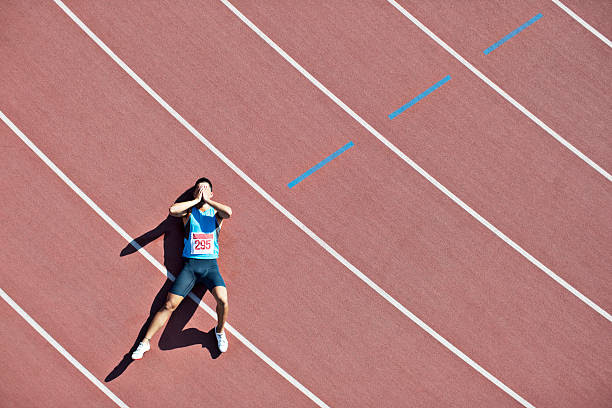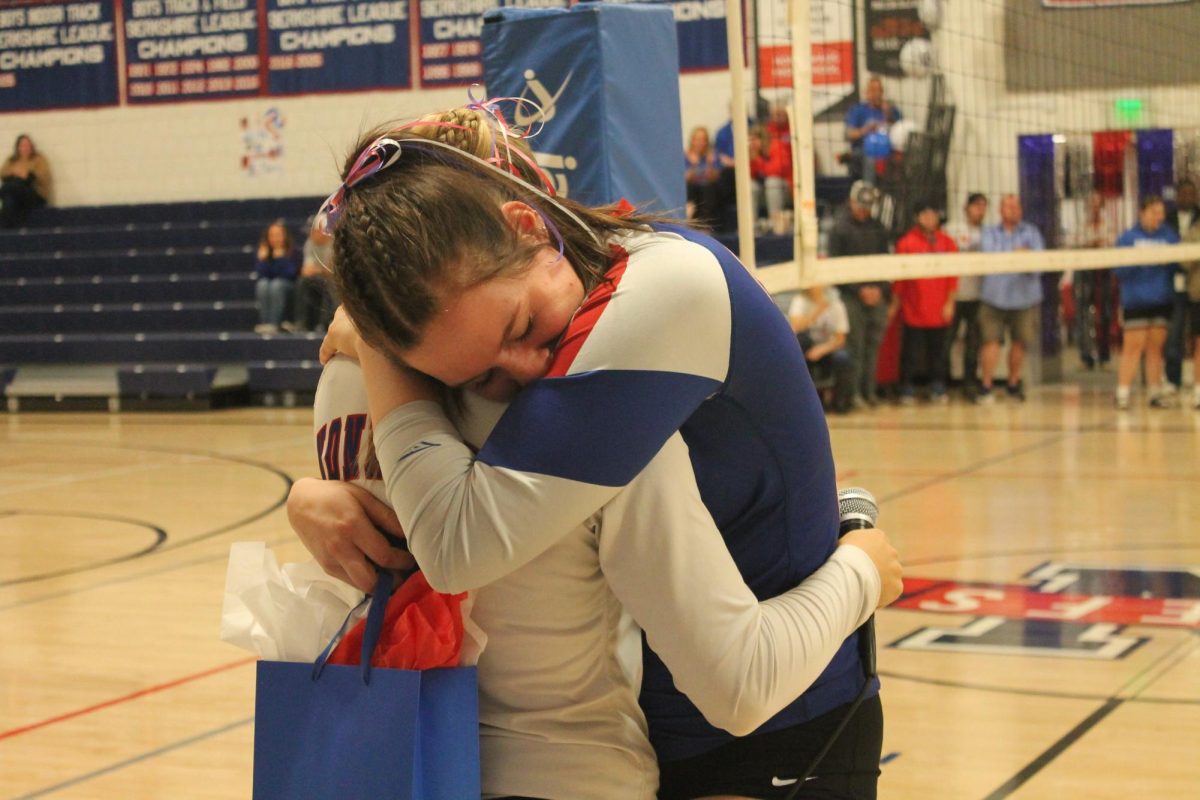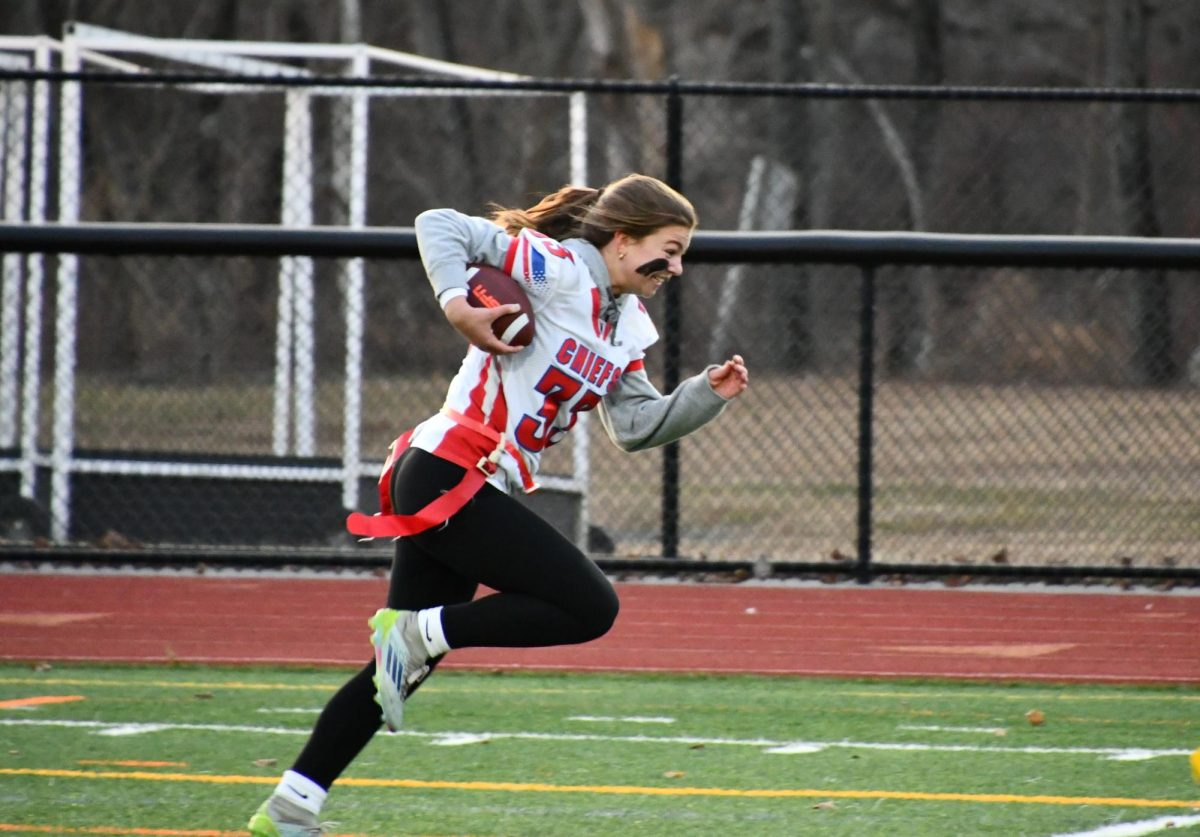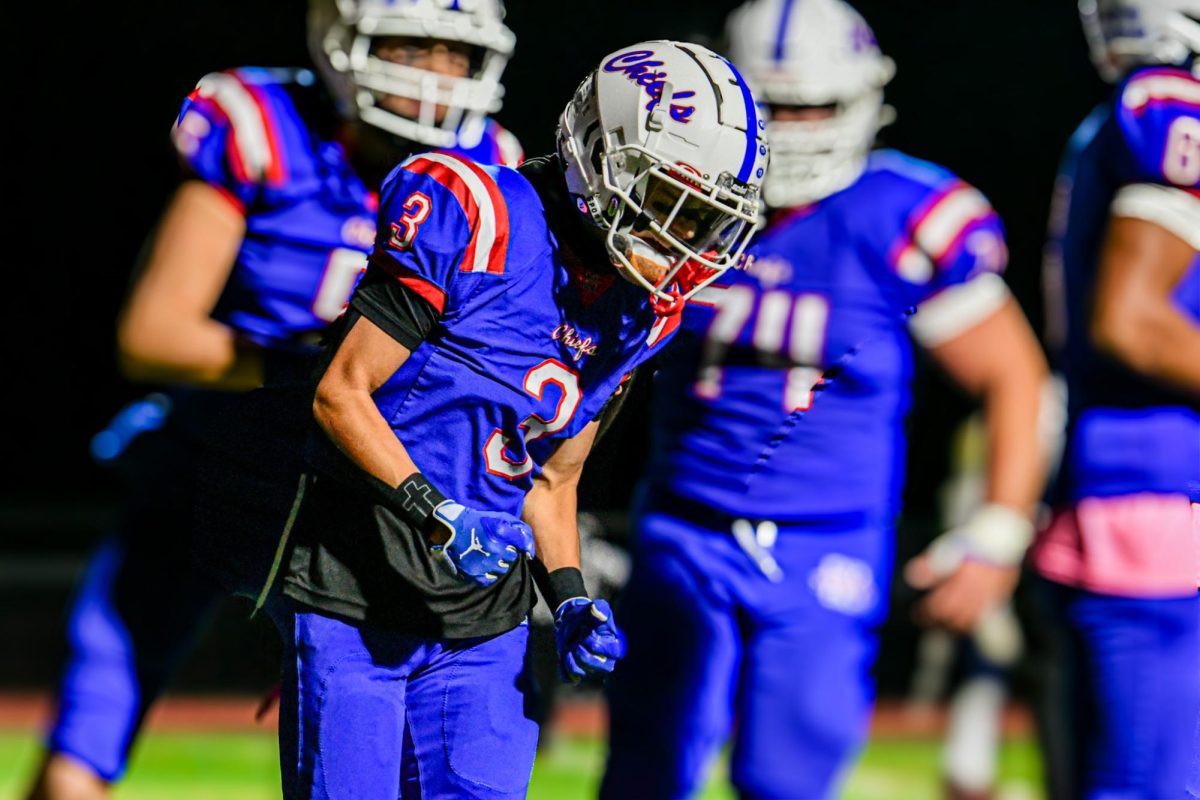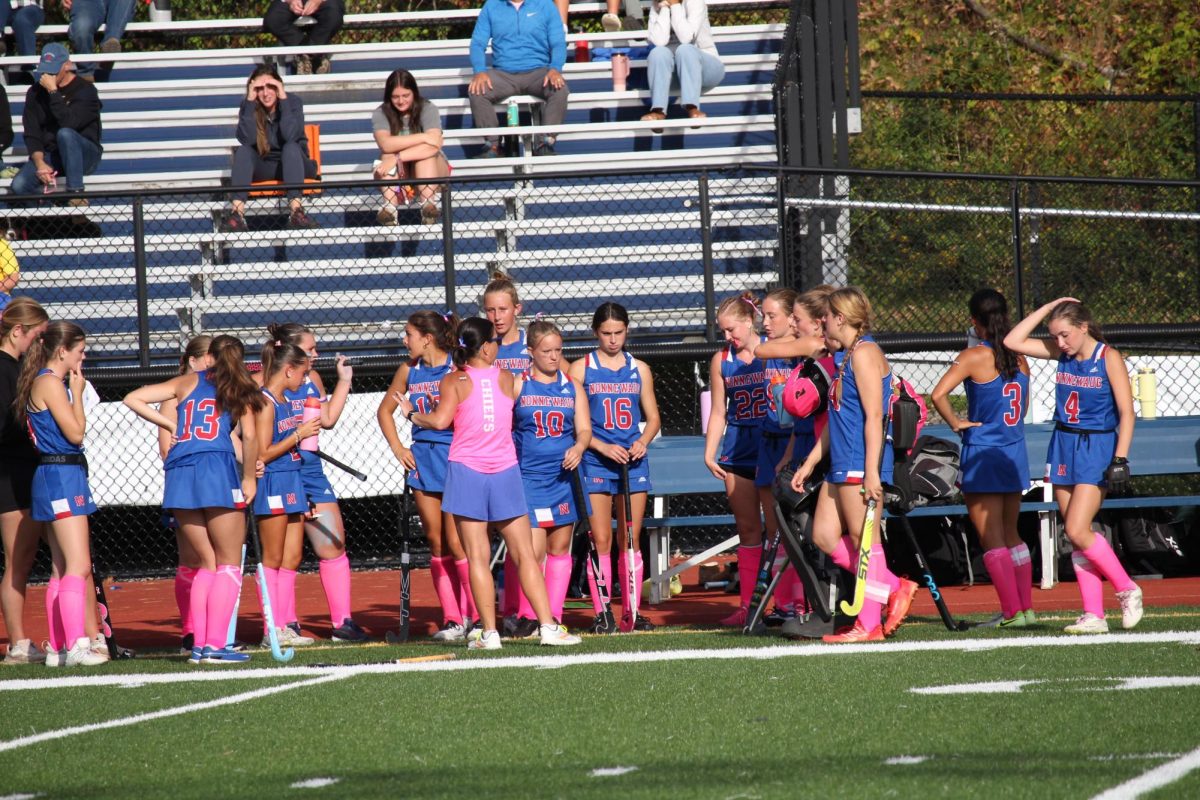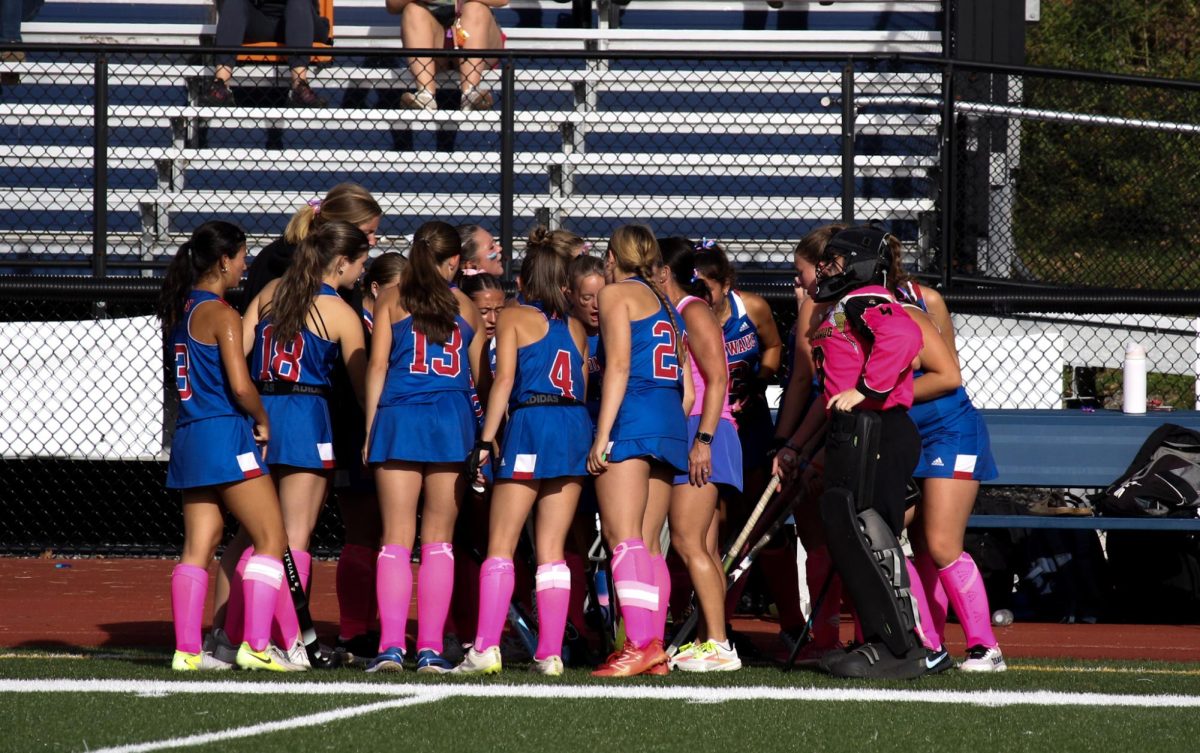The Chicago White Sox are on pace to be the worst team in the modern era of Major League Baseball.
The record was set by the 1962 New York Mets, when they lost an astounding 120 games out of 162. Through Sept. 23, the White Sox were tied with the Mets.
For the past season they have been the laughing stock of baseball, and are being compared to minor league teams. The White Sox were mathematically eliminated from playoff contention Aug. 17, almost two months before the season ended.
So how do athletes on the White Sox, or any team, go out and compete when their team is struggling?
“It is difficult when you put all the time and effort in and you don’t get the carrot at the end of the day,” says former Nonnewaug athletic director Declan Curtin, now the assistant principal.
Only 1% of high school baseball players get drafted, and only 20% of those drafted reach the majors. If that isn’t challenging enough, some players are doing all that just to be on a team that is constantly being battered by fans for underperforming.
“Fans are usually OK with losing if they can see that the future is building toward something that is positive,” said Curtin. “Fans are upset when they see that they are losing on the field, but at the same time they don’t see that the foundational pieces are there for success.”
Not only are fans upset, players and members of teams that perform poorly are also affected. Sophomore Ethan Butkus, a Northwest United football player, feels that losing affects the whole team.
“Everyone just seems down, and disappointed with their performance,” said Butkus. “It really just brings the morale down.”
Butkus’s JV football team last year finished with a final record of 1-5.
“I started to get down on myself,” Butkus said. “After a couple of games we were 0-4, and the mood was really bad. Something needed to change.”
With their losing record dwelling over them, Butkus stated he could feel the pressure to win “from everyone.”
When athletes don’t get recognition from their hard work they begin to question whether or not they should continue doing what they are doing.
“As you grow, you learn through hard work and effort you get recognition, so when athletes don’t get it, they start asking themselves, ‘Why? Why is this happening to me?’” Curtin says. “You get frustrated and ask yourself, ’Should you do this? Should you not do this?’”
When repeatedly losing and suffering from embarrassment, athletes must learn to change their mindset and move forward.
“Athletes have to have grit and perseverance to be able to perform under pressure, but at the end of the day, ” said Curtin. “Winners find solutions, and losers find excuses.”



